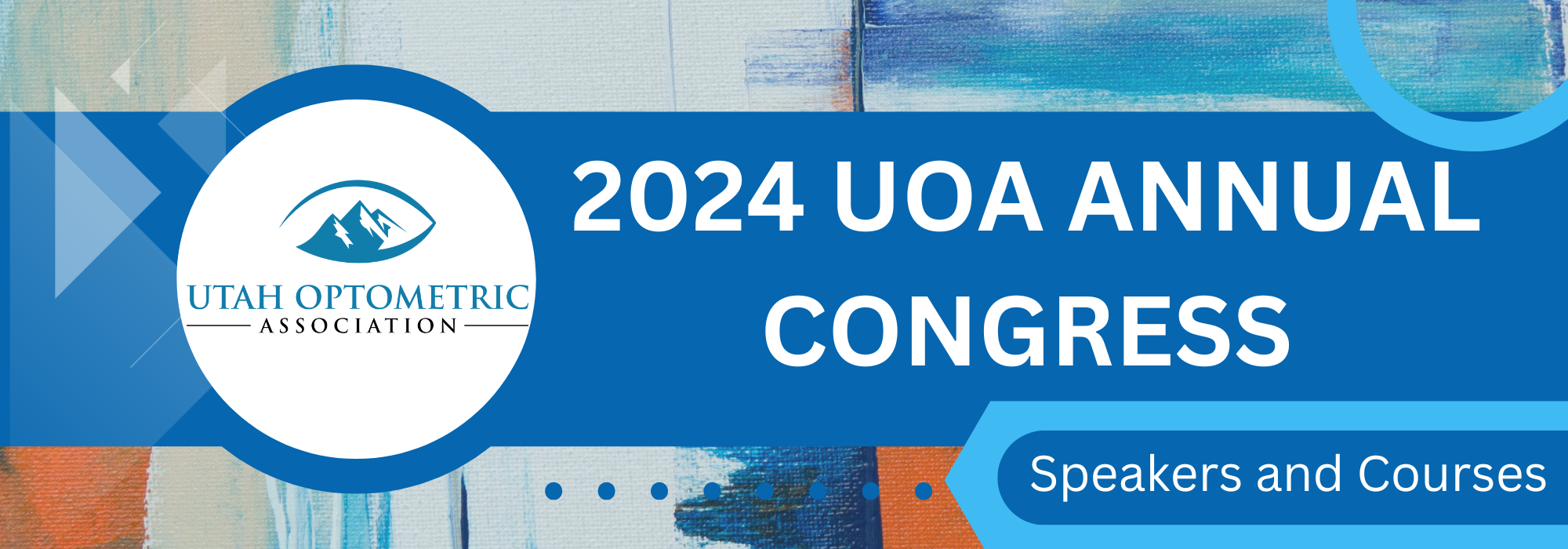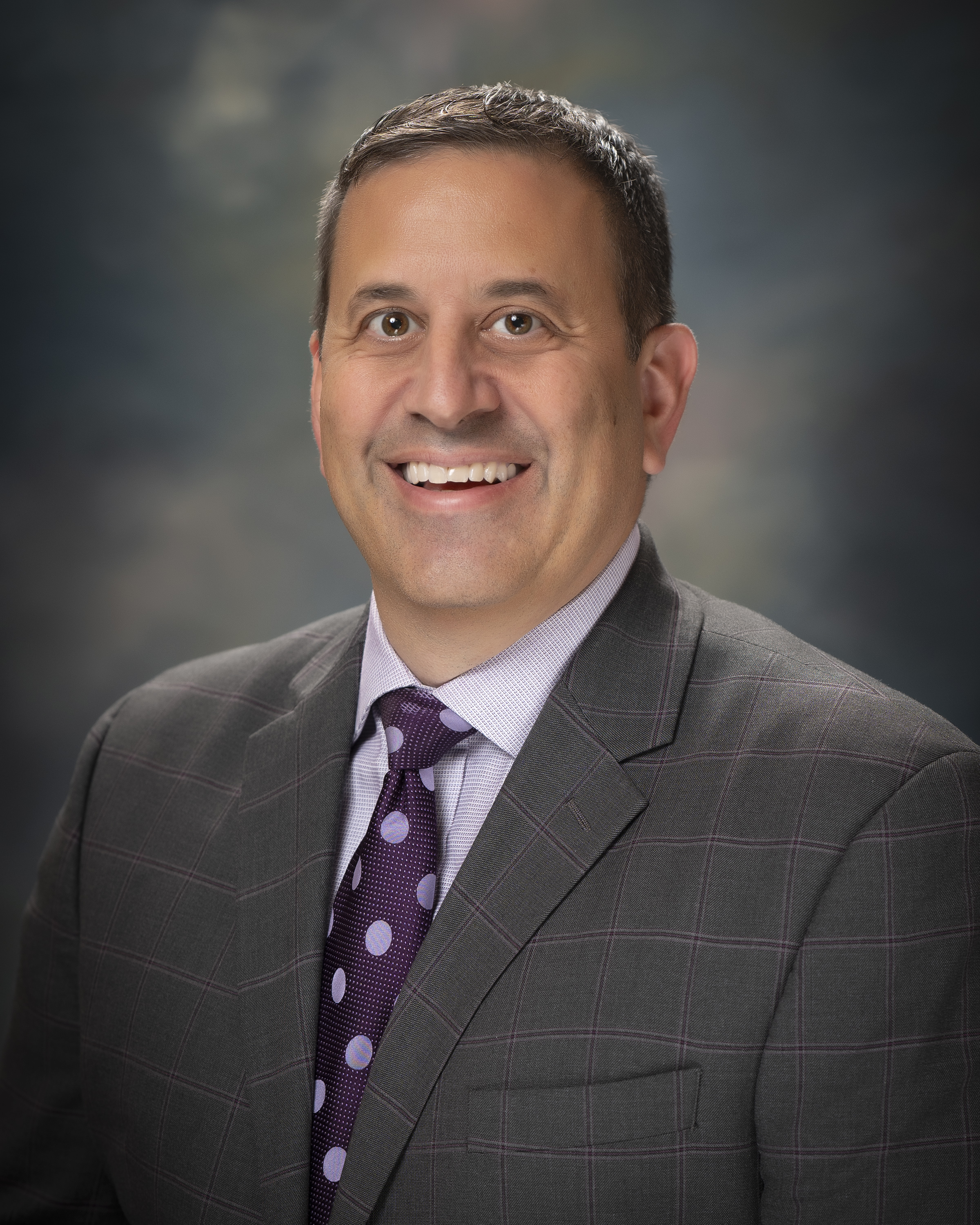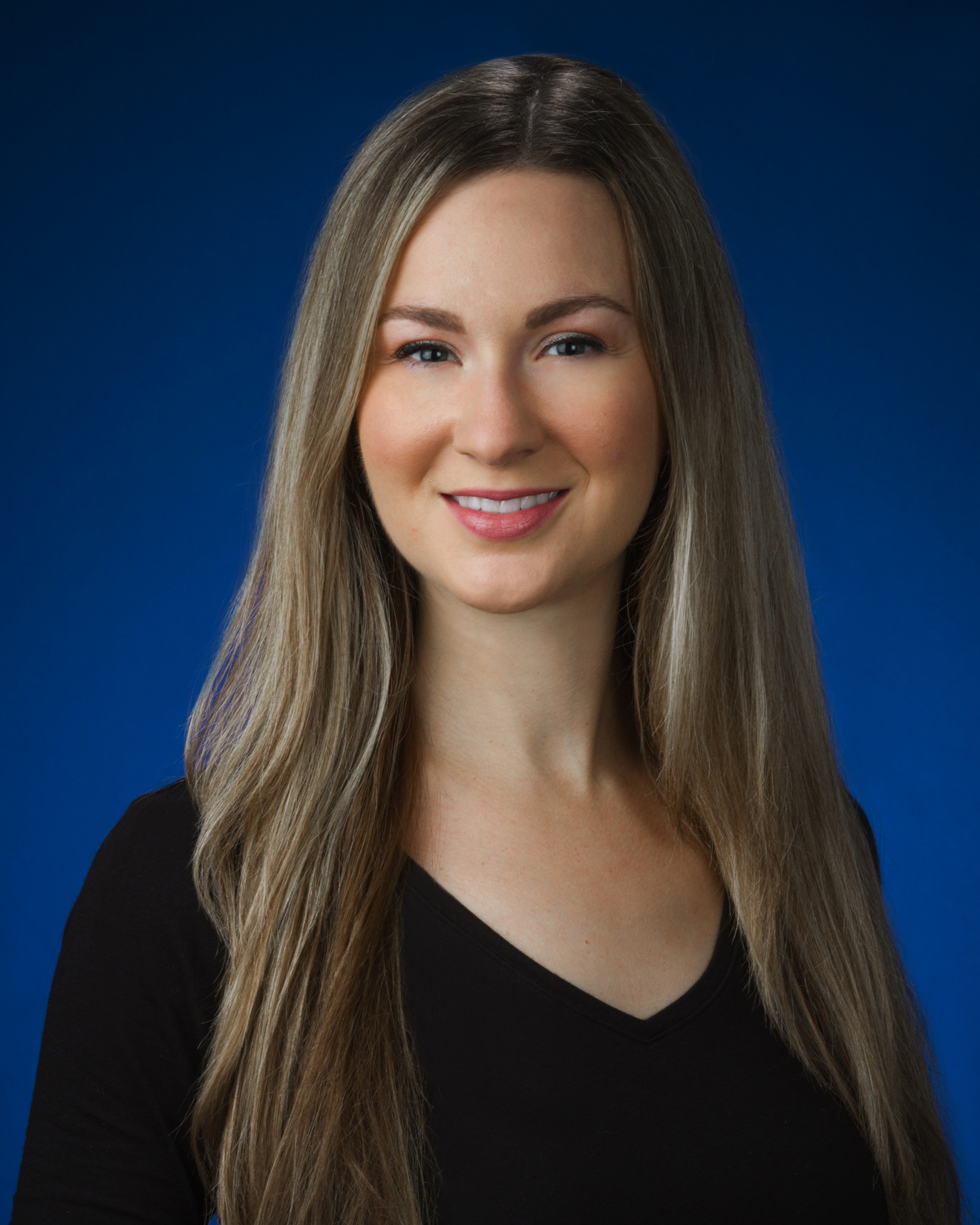2024 Doctor Course Description

Dr. Nick Colatrella and Dr. Jeff Varanelli:
Dr. Nicholas Colatrella is the medical director and owner of PineCone Vision Center in Sartell and St Cloud, MN. Dr. Colatrella received his Bachelor of Science degree from Old Dominion University in Norfolk, VA, and his Doctor of Optometry with honors from the Illinois College of Optometry in Chicago. He completed his residency in ocular disease at the Veterans Administration Medical Center in Cleveland, Ohio, and a mini fellowship in Cornea at Northeast Ohio Eye Surgeons. He is board certified by the American Board of Optometry.
Dr. Varanelli is a 1998 graduate of the Illinois College of Optometry. Currently, Dr. Varanelli is the Director of Optometric Services at the Simone Eye Center, where he specializes in comprehensive eye care, with an emphasis on the medical and surgical co-management of eye disease. Dr. Varanelli is a Diplomate in both the American Board of Optometry as well as the American Board of Certification in Medical Optometry. He is a Fellow of the American Academy of Optometry, and a founding member of the Academy’s Anterior Segment Section.
Sutureless Amniotic Membrane Workshop (88299-TD): The amniotic membrane is a biologic tissue that promotes healing of the ocular surface. This two-hour workshop discusses sutureless amniotic membranes available for optometric use, and discusses their current indications, while allowing the participant to insert and remove the various tissues.
Pharmacology A to Z (87533-PH): Pharmacology A to Z is an interactive 1-hour lecture that encourages the audience to participate with the lecturers. We use an A-to-Z review of common medications that optometrists encounter in practice and some obscure ones that can have ocular side effects. We discuss both indications and contraindications, as well as side effects and dosages.
Anterior Segment Jeopardy (87203-TD): This one-hour lecture will be an interactive, educational presentation based on the popular quiz game show. Participants will be presented with anterior segment disease clues in the form of answers and must phrase their responses in the form of questions. Answers are discussed, and background information is given regarding the correct response.
Dr. Ron Melton and Dr. Randall Thomas:
Dr. Ron Melton has lectured nationally and internationally at over 1,000 continuing medical education meetings with a goal of educating optometrists around the world in ocular disease. He was recognized as one of the top 150 optometrists in the U.S by Newsweek’s America’s Best Otometrists Award in 2021 and 2022. He was honored as a co-recipient of the Pioneer in Optometry recognition by the Editorial Board of Primary Care Optometry News in April 2015 for contributions in optometry education. Dr. Melton was named co-recipient of the American Academy of Optometry 2014 Vincent Ellerbrock Clinician Educator Award for outstanding and sustained contributions to the Academy’s Lectures and Workshops program. He sits on the editorial advisory board of Review of Optometry. Dr. Melton has authored or co-authored over 100 papers on optometry and is the co-author of the popular annual Clinical Guide to Ophthalmic Drugs for Review of Optometry, now in its twenty-seventh year. Dr. Melton has acted as an investigator in more than 50 clinical research trials. Currently he is a member of the adjunct faculty at Salus University (Pennsylvania College of Optometry) and Indiana University (School of Optometry). He is certified as a Diplomate with the American Board of Optometry. He is in a group practice in Charlotte, North Carolina, where he has staff privileges at Novant Health Presbyterian Medical Center.
Dr. Thomas is a 1981 graduate of the Pennsylvania College of Optometry, and a 1976 graduate of the School of Public Health at the University of North Carolina. He is in full-time clinical practice in Concord, North Carolina. He was presented the Glaucoma Educator of the Year award by the American Academy of Optometry in 1997. He and Dr. Ron Melton co-author Review of Optometry’s Annual Drug Guide to Ophthalmic Drugs, now in its sixteenth year. He is on the Professional Staff at Carolinas Medical Center-Northeast where he also serves on the teaching faculty of the Cabarrus Family Medicine Residency Program. Dr. Thomas has served as a consultant to the American Optometric Association on its Council on Clinical Optometric Care and Hospital Privileges Committees. He has served as an ophthalmic drug principal investigator for the FDA. Dr. Thomas has lectured world-wide with Dr. Melton on the diagnosis and treatment of eye diseases. He and his wife Cheryl have two daughters.
Current Trends in Medical Management (88948-PH): Treatment strategies and therapeutic agents continually change for a variety of ocular conditions. This course will address some of the advances in therapeutic options for acute and chronic ocular diseases. Relevant drug classes, latest information, clinical application of pharmaceuticals are reviewed.
Clinical Grand Rounds (88961-GO): Challenges in treating a wide variety of anterior and posterior segment diseases are shared in a clinical rounds format. This course covers both common and not so common ocular disorders encountered in over 80 years of combined clinical practice. An interactive approach is used to discuss diagnosis and management strategies involved with each case presentation. Clinical pearls will be shared to enhance patient care with our colleagues.
Dr. Jessica Steen:
Dr. Jessica Steen is an Associate Professor at Nova Southeastern University College of Optometry where she serves as Director of the Glaucoma Service and as an attending optometric physician at the College’s Eye Care Institute. Dr. Steen teaches the courses in glaucoma and ocular pharmacology at NSU. Dr. Steen also serves as the Primary Care with Emphasis in Ocular Disease Residency Coordinator. Dr. Steen graduated from the University of Waterloo School of Optometry and Vision Science and completed her residency in Primary Care with Emphasis in Ocular Disease at Nova Southeastern University. Dr. Steen’s main clinical interests include glaucoma, retinal disease, neuro-ophthalmic disease with an emphasis in medical and surgical management. Dr. Steen’s research interests are centered on artificial intelligence applications in the management of glaucoma. She is a Fellow of the American Academy of Optometry, a Diplomate of the American Board of Optometry, member of the Optometric Glaucoma Society, and the Association for Research in Vision and Ophthalmology, and is Past President of the Palm Beach County Optometric Association.
Pregnancy and the Eye: What to Expect (86745-PH): This course discusses the necessary considerations for optometrists while managing patients who may be pregnant or breastfeeding. The treatment of acute and chronic ocular conditions using oral and topical medications will be highlighted, with a focus on risk-benefit evaluation. The role of the FDA in evaluating the safety and efficacy of medications in pregnant and nursing individuals will be evaluated. Additionally, maximizing the utility of available key resources for prescribers will be presented.
AI-enabled Ophthalmic Biomedicine: Advancing Health Equity (89500-PB): This course will discuss AI applications in current biomedical research and utilization in clinical and community environments to address health care inequities. Current successes and inherent challenges of AI-enabled models to enhance detection and management of ocular pathology including interoperability, confidentiality, and reimbursement will be discussed.
Identifying and managing pharmaceutical complications (89763-PH): This course will present frequently encountered systemic medications which have associated ocular effects which range from benign to vision and life threatening. Clinical identification of ocular findings which may be related to systemic medication use and communication recommendations with comanaging providers will be highlighted.
When good retinal surgery makes glaucoma go bad (89501-TD): This course will discuss the management of glaucoma in patients who have undergone vitreoretinal procedures. The likelihood of development of glaucoma is increased following surgical management of vitreoretinal disease including pars plana vitrectomy, and intravitreal injections of gas, silicone oil, steroid, and anti-VEGF agents and therefore these individuals require special consideration. Using case examples, this course will discuss underlying cause of elevated intraocular pressure and glaucoma in patients who have undergone vitreoretinal procedures and will highlight treatment pearls and management considerations.
Dr. Marjean Kulp:
Dr. Marjean Taylor Kulp is a Distinguished Professor at The Ohio State University College of Optometry. She completed her doctor of optometry, a post-doctoral Fellowship in Pediatrics and Binocular Vision, and a post-doctoral Master’s Degree in Vision Science at The Ohio State University. She teaches a course in clinical binocular vision. She has served as a Principal Investigator at the OSU College of Optometry Clinical Center for over 20 multicenter clinical vision research studies including Pediatric Eye Disease Investigator Group (PEDIG) Amblyopia Treatment Studies, the series of Convergence Insufficiency Treatment Trials, PEDIG Convergence Insufficiency Treatment Study, PEDIG Intermittent Exotropia Treatment studies (2, 5, 6), Vision In Preschoolers-Hyperopia in Preschoolers Study, PEDIG Hyperopia Treatment Study, PEDIG Correction Of Myopia Evaluation Trial 2, Luminopia One, and US Pirenzepine PIR 205/205A. She is an author on over 140 publications. She is a Fellow of the American Academy of Optometry.
Assessment and Management of Amblyopia (91384-FV): This course will review diagnosis and evidence-based management of refractive and/or strabismic amblyopia. The significance of amblyopia and risk factors for amblyopia also will be reviewed.
Update on Common Exodeviations: Convergence Insufficiency and Intermittent Exotropia (91410-FV): This course will discuss evidence-based management of convergence insufficiency and intermittent exotropia. Assessment and significance of convergence insufficiency and intermittent exotropia also will be reviewed.
Dr. Spencer Johnson:
Dr. Johnson received a B.S. in Neuroscience from Brigham Young University, and his Doctor of Optometry degree from the Pennsylvania College of Optometry. He is currently a professor at Rocky Mountain University College of Optometry in Provo, Utah. Dr. Johnson’s clinic interests include ocular disease, lasers, contact lenses, and advanced optometric procedures. Prior to joining the faculty at Rocky Mountain, he was a faculty member at the Oklahoma College of Optometry for 12 years where he taught courses in neuro-ophthalmic disorders, healthcare systems, and epidemiology, as well as trained students in the clinic on lasers and advanced optometric procedures. Dr. Johnson is a principal investigator in the NIH funded RAPID study to evaluate the efficacy of povidone iodine in the treatment of viral conjunctivitis. He has given continuing education lectures at national, regional, and state association meetings throughout the United States and Canada. Prior to his career in academia, Dr. Johnson worked in the refractive surgery industry, and owned a private practice. In his free time, he enjoys running, swimming, and spending time on the lake with his family.
Neuroimaging for the Optometric Physician (89100-NO): This course examines current neuroimaging techniques used in eye care, discusses indications for their use, and explains how to write appropriate orders for neuroimaging.
Dermatology 101 for the Optometric Physician (86330-SD): This course provides optometrists a review of pertinent skin anatomy and physiology, and illustrates the proper terminology to describe skin lesions. Characteristics of benign and malignant lesions are explained. Risk factors for and prevention of skin cancers are discussed.
Injections and Minor Procedures Workshop (83377-SP): Many techniques exist to improve the health and cosmesis of the eyelids and lashes. This workshop introduces the instruments,and supplies needed to begin offering these services. Video and live demonstrations of procedures such as lesion removal, chalazion injection, biopsy technique, permanent punctal occlusion, and trichiasis correction will be presented, as well as hands-on experience with the tools of the trade.
Dr. Aaron Bronner:
Dr. Aaron Bronner works as an Optometrist at Pacific Cataract and Laser Institute, a large multicenter surgical co-management center in the Pacific Northwest, in their Boise, Idaho office. He was the first optometrist in the nation to achieve the distinction of Diplomate in Anterior Segment Disease with the American Academy of Optometry and has been included in Primary Care Optometry News’ Top 250 Innovators in Eye Care and Newsweeks’ Top 300 Eye Doctors in the nation lists.
Aaron has lectured extensively on topics pertaining to anterior segment disease at national, regional and state optometry meetings. He has published in Cornea, The Journal of Cataract and Refractive Surgery Online, Optometry and Vision Science, Primary Care Optometry News, Optometry Times, Review of Optometry and Review of Cornea and Contact Lens where he is also on the Editorial Board and was the past columnist of The Comanagement Column (PCON) and Corneal Consult (RCCL).
In his free time, Aaron enjoys spending time with his wonderful wife Becky and their growing kids Zoë and Liam.
Corneal Compendium: Microbial Keratits (89515-TD): As part of Dr Bronner’s Corneal Compendium Infection series, this two hour course will focus on the management of bacterial, fungal and protozoan keratitides, more simply referred to as microbial keratitis. Controversies and emerging challenges of these high stakes pathologies will be distilled down through the optometric scope of practice, in an attempt to give a thorough, yet practical field guide for the bold OD in the management of your patients with microbial keratitis
- Corneal Compendium: Herpetic Keratitis (89714-TD): Latency, dendritic lesions, disciform keratitis, vesicular lesions, iritis, corneal neurotrophy antivirals and corticosteroids: herpes simplex and herpes zoster share a number of characteristics that can blur the margins of distinction between the two disease. This lecture will help you tune up your understanding on the parallels and differences between these two viruses and in doing so, will improve your comfort managing them as well as your outcomes.
Corneal Compendium: Corneal Infection Case Analysis (89716-TD): This interactive 1-hour case based lecture will highlight a systematic approach to differential diagnosis and treatment of patients who present with corneal infiltrative disease. Routine caseatypical cases will be presented, and the lecture will include the full gamut of clinical presentations and causative pathogens.
Dr. Peter Cass:
Dr. Cass is Vice President of Practice Compliance Solutions, an optometry company providing billing and compliance support to optometrist. He is also Chairman of the Board of EDO labs in Dallas, a doctor owned lab manufacturing and wholesaling digital lenses to private practice optometrists. He is a Past President of the Texas Optometric Association serving on their third party, legal and legislative, finance committees, and as a key contact for several state representatives. He has also been a clinical researcher for Alcon, currently is Adjunct Faculty for UCHO, where he teaches practice management to the third-year students, and is an auditor for Medicaid. He still practices part time with MyEyeDr. in Beaumont, TX and is a nationally recognized speaker on topics of billing, coding, compliance, practice management, and anterior segment disease.
The new era of Patient Communications: Social Media, Automation, and Telemedicine (89717-PM): Patient preferred methods for communication are changing. This lecture will discuss those changes and provide advice on communication policy, social media policy for interacting with patients and look at what lies ahead. It discuss online reputation management and how to respond to reviews as well as the role of telehealth in optometry.
Cybersecurity (89718-PM): This lecture will familiarize doctors with the data security risks facing practices. An overview of rules and regulations regarding protection of patient data will be discussed. Practical advice will be given on how to secure networks, computers, patient records, and data.
Dr. Zanna Kruoch:
Dr. Zanna Kruoch graduated from the University of Houston, College of Optometry with a Doctorate of Optometry in 2009. She went on to complete a one-year residency specializing in anterior segment disease and specialty contact lenses. Currently, Dr. Kruoch is an associate professor at Rocky Mountain University of Health Professions, College of Optometry. Dr. Kruoch’s experience includes clinical and academic experience, and she has a passion for teaching, especially in the topics of ocular disease and specialty contact lenses. She is a Fellow of the American Academy of Optometry and gained Diplomate status of the anterior segment section of the American Academy of Optometry in 2020. Dr. Kruoch was named Texas Optometric Association’s Educator of the Year in 2018, and the American Optometric Association’s Educator of the Year in 2019. On her free time, she enjoys quality time with family and friends, exploring the world, and activities such as pilates, yoga, and skiing.
The Scleral Lens Lecture: Go Big or Go Home (91112-CL): Scleral contact lenses can be an exceptional option for many patients. This 1-hour presentation discusses the concept and theory of scleral lenses, fitting evaluations of scleral lenses, and how to utilize optical coherence tomography to assist in troubleshooting fits. A case will be introduced followed by the necessary visits for an optimal fit and success.
Cases of the Anterior Segment: Anomalies and More (91111-TD): This 2-hour course highlights unique variations of frequently encountered conditions in eyecare. Cases will demonstrate the role of the eye care practitioner despite high complexity. Ancillary instrumentation will be discussed in this course and how it may help aid in the diagnosis and treatment of these advanced anterior segment conditions.
Ocular Jeopardy 2024 (90481-GO): This 1-hour interactive course will review the fundamentals of ocular anatomy, clinical findings of various disease patterns, and special testing. As a jeopardy-style course, this is an interactive lecture that will provide engagement and discussion on a variety of ocular disease presentations and management.













